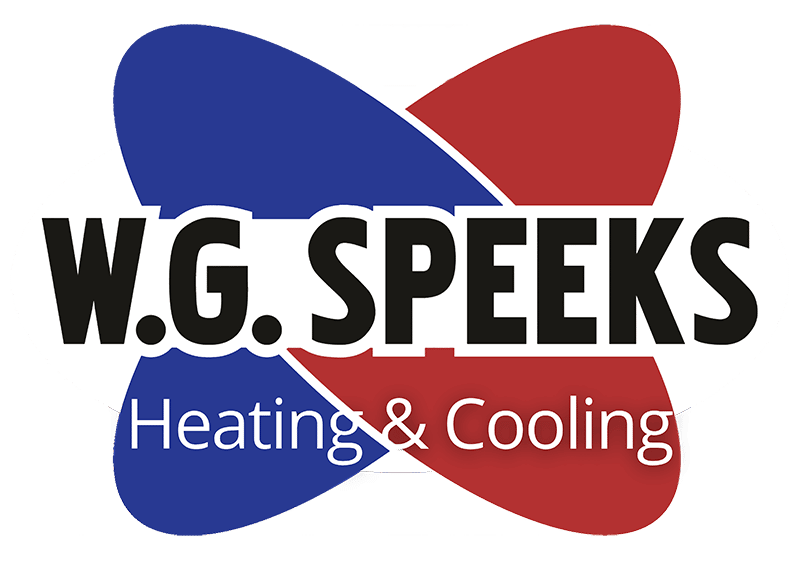
It’s the middle of Virginia’s hurricane season, which means we’ve seen a lot of rainy days. When it’s summer, and all you want to do is get outside, this type of weather can be pretty frustrating. Aside from the damp conditions and high humidity, though, this time of year can present some challenges for your home, too.
When the high winds pick up and the lightning strikes, you may be wondering how to best care for your home. One of the most important things you can do is learn how to properly care for your HVAC system during the rainy season to avoid damage and costly repairs.
Can Rain Damage Your HVAC System?
When it’s storming outside, you might wonder whether your HVAC system’s outdoor components are at risk. The short answer is generally no. Remember, these units were built and designed to withstand the elements, including the rainy season in Virginia!
The equipment is typically made from copper, aluminum, plastics, and other materials and the electrical connections are sealed. As such, the unit shouldn’t be prone to damage or corrosion, even when it’s pouring outside. The exception to this, however, is if it becomes submerged during heavy flooding. In that situation, it’s best to cut the electricity to the unit, and have it inspected before turning it on.
Don’t Cover Your Outdoor HVAC Unit

When the weather gets intense, you might be tempted to cover your HVAC unit with a tarp or even a garbage bag. While well-intentioned, this can actually do more harm than good. Moisture can become trapped, which can rust or corrode the components. By not covering it, the moisture is allowed to evaporate.
Additionally, you should never stack anything on top of your HVAC system. This can impact airflow and impair performance. If a storm is picking up and you’re worried, the best thing you can do is turn your heating and cooling system off. When the clouds part, your HVAC should be fine, but if anything seems amiss, speak to a professional.
Tackle Dirt and Debris

Hurricane season can usher in some strong winds in Virginia. Many of us can remember a time when our homes were left shaking and rattling during a storm. When the skies clear, it’s always a good idea to check on your external HVAC parts to make sure everything looks alright.
A worst-case scenario is that a tree or other item could have been blown onto your unit. If you see visible signs of damage, call a technician right away. Otherwise, be sure to clear away any leaves, dirt, or debris that may have accumulated on the components. Obstructions can impact the efficiency of your HVAC system and lead to damage over time.
Dealing with Humidity
During Virginia’s hurricane season, humidity levels can get pretty high. This means that your HVAC system will need to work harder to remove moisture from the air inside your home. When this happens, you may notice a damp, musty smell, foggy windows, and that your home never feels truly cool.
If you’re using the wrong-sized system or an older unit, it may not ever be able to rise to the task. The resulting inefficiency can result in mold and mildew inside your home as well as higher utility bills. This is a problem that should not be ignored.
Can Your HVAC Be Serviced in the Rain?
When the rainy days run together and your HVAC system needs servicing, you may wonder if a technician can perform inspections and/or repairs in inclement weather. There are several reasons why this should not be attempted, and the first involves safety.
Working on electrical components in a downpour can put someone at risk of electrocution, which is the first reason why it should be avoided. Additionally, removing the protective cover for maintenance while it’s raining can put your HVAC at unnecessary risk.
Concerned that recent storms may have damaged your heating and cooling system? W.G. Speeks can inspect the unit and put your mind at ease. Our NATE-certified technicians have been serving the Greater Richmond Region for more than 75 years. We’d be honored to provide you with excellent customer service. Contact us today and ask about our FREE consultation!
